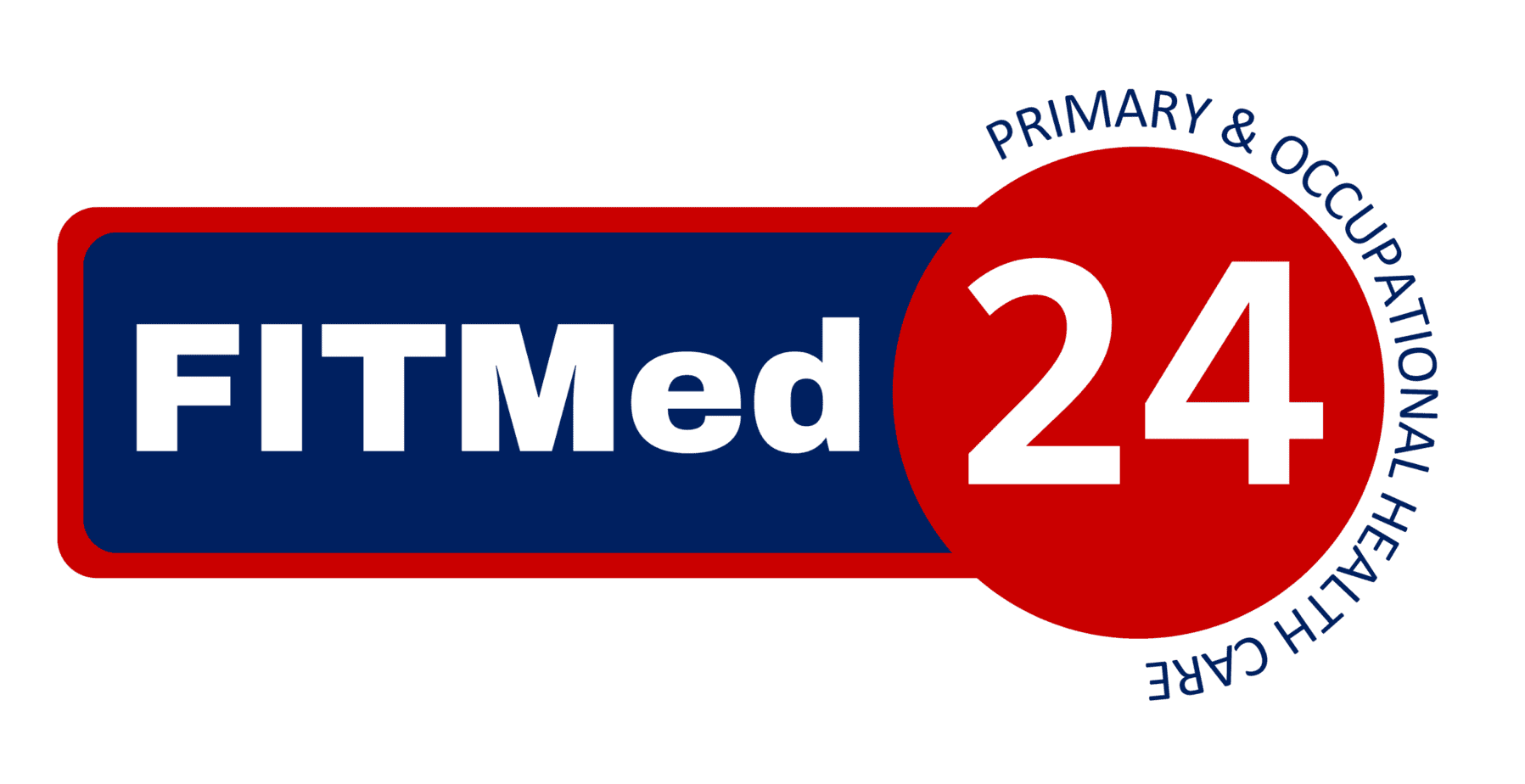What is Occupational Health? Anyone who is employed will know that the job can get on top of one at times. However, it may not be the job itself or any lack of knowledge or experience that is the problem, but rather that you simply lack the physical qualities required to perform certain of the tasks required. The science of occupational health (OH) was born as a result of health and safety legislation governing the management of potential hazards in the workplace. While the legislation proposed the introduction of measures to protect workers from such hazards, this invaluable spin-off of the Health and Safety at Work Act is intended to measure the fitness of individuals to perform their various assigned tasks.
For example, someone with respiratory problems should not be working in an environment where sawdust or cement particles are constantly present in the air, even if provided with a protective mask. Likewise, that same employee could be at risk if consistently required to lift heavy items. Examination by an occupational health specialist can quickly expose such inadequacies and ensure that those affected are allocated tasks that they are physically capable of doing.
For several years now, this type of examination has been seen as a valuable addition to the conventional selection process. In addition to the usual reference checks, psychometric tests, and face-to-face interview, many prospective employers are now choosing to include a medical examination, more specifically, an examination of the type conducted by an occupational health specialist. These are essentially a means by which to gauge whether a candidate has the level and type of physical fitness seen as necessary to cope with the physical demands of the job rather than merely possessing an appropriate qualification and a glowing reference.
These procedures are thorough and can be tailored according to the specific needs of the given industry whilst containing elements that remain common to all. Furthermore, the value of this particular type of occupational health service is not confined to recruitment. Anyone who is engaged in a physically demanding task, for a protracted period, carries the risk of an injury or illness that might require time off from work. For these individuals, an OH specialist will be far better qualified to determine whether or not they are fit to return to work than the average GP who will probably have little knowledge regarding the physical demands posed by the patient’s job.
Despite the importance of these medicals, this is only one of the services provided by occupational health specialists. In addition to being called upon to conduct TB and HIV screening programmes, they also play an important educational role. For example, companies are required by law to ensure that adequate first aid facilities are available to their staff. The kit alone, without the knowledge and experience needed to utilise it, would be of little benefit, and so, these specialists also undertake to provide all of the professional first aid training required.
In order to gain employment as an occupational health practitioner, the doctors, nurses, and other healthcare professionals who choose this option must undergo a course of specialised training, gain a recognised OH qualification, and be granted official accreditation before they are permitted to dispense their professional services. Chat to FITMed24 about Occupational Health Services for your staff.

